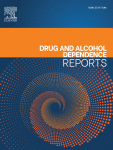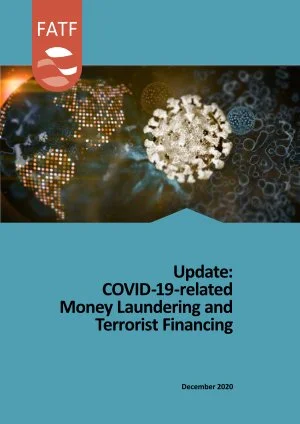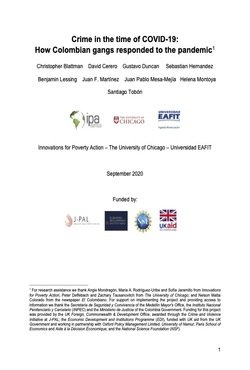By Sarah Pedersen, Natascha Mueller-Hirth, Leia Miller
COVID-19 exacerbated challenges that already existed in the policing of Gender-Based Violence (GBV) in remote and rural northern Scotland. Victims’ direct access to the police and third-sector organisations was impeded by social distancing while the pandemic exacerbated extant issues relating to staffing, particularly in relation to female police officers. On the positive side, the flexibility that already characterised rural and remote policing continued, and police officers and third-sector organisations worked together to support victims. The move to videoconferencing was hailed as a positive move in an area where travel to meetings or court can be difficult and expensive. A lack of training for officers with no specific GBV role was identified as particularly problematic during the pandemic when officers on the ground in rural and remote Scotland had to take over work usually undertaken by specialist task forces.
Policing: A Journal of Policy and Practice, 2023. 12p.
















